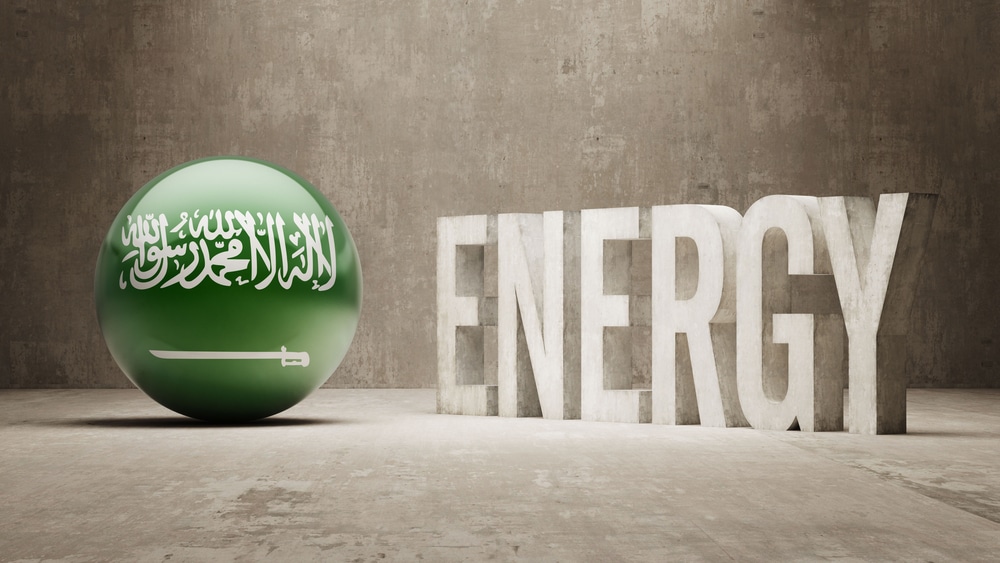Decoding the US “secret authorizations” to sell nuclear technology to Saudi Arabia
 US Energy Secretary Rick Perry granted “secret authorizations” for six American companies to provide nuclear technology and technical support for Saudi Arabia. Such approvals are granted through Part 810 authorizations and allow companies to do preliminary work on nuclear power ahead of a US nuclear cooperation agreement with another country, but no equipment that would go into a nuclear power plant can be shipped. What does the Part 810 authorization mean? Is it the right choice for the Saudi case? And how does Perry’s authorization affect prospects for American nuclear business and nonproliferation policy in the Middle East?
US Energy Secretary Rick Perry granted “secret authorizations” for six American companies to provide nuclear technology and technical support for Saudi Arabia. Such approvals are granted through Part 810 authorizations and allow companies to do preliminary work on nuclear power ahead of a US nuclear cooperation agreement with another country, but no equipment that would go into a nuclear power plant can be shipped. What does the Part 810 authorization mean? Is it the right choice for the Saudi case? And how does Perry’s authorization affect prospects for American nuclear business and nonproliferation policy in the Middle East?
Why a Part 810 authorization is the right choice for the Saudi case. Section 123 of the Atomic Energy Act covers cooperation with other nations and is considered the cornerstone of US policy on nuclear cooperation and nonproliferation. Section 123 also defines the prerequisite criteria for significant civil nuclear cooperation agreements between the United States and other countries.
Saudi Arabia and the United States have not signed a Section 123 agreement, but without a nuclear cooperation agreement, limited forms of cooperation related to the “development or production of any special nuclear material outside of the United States” (technology transfer) can still be authorized by the US Secretary of Energy.
No comments:
Post a Comment